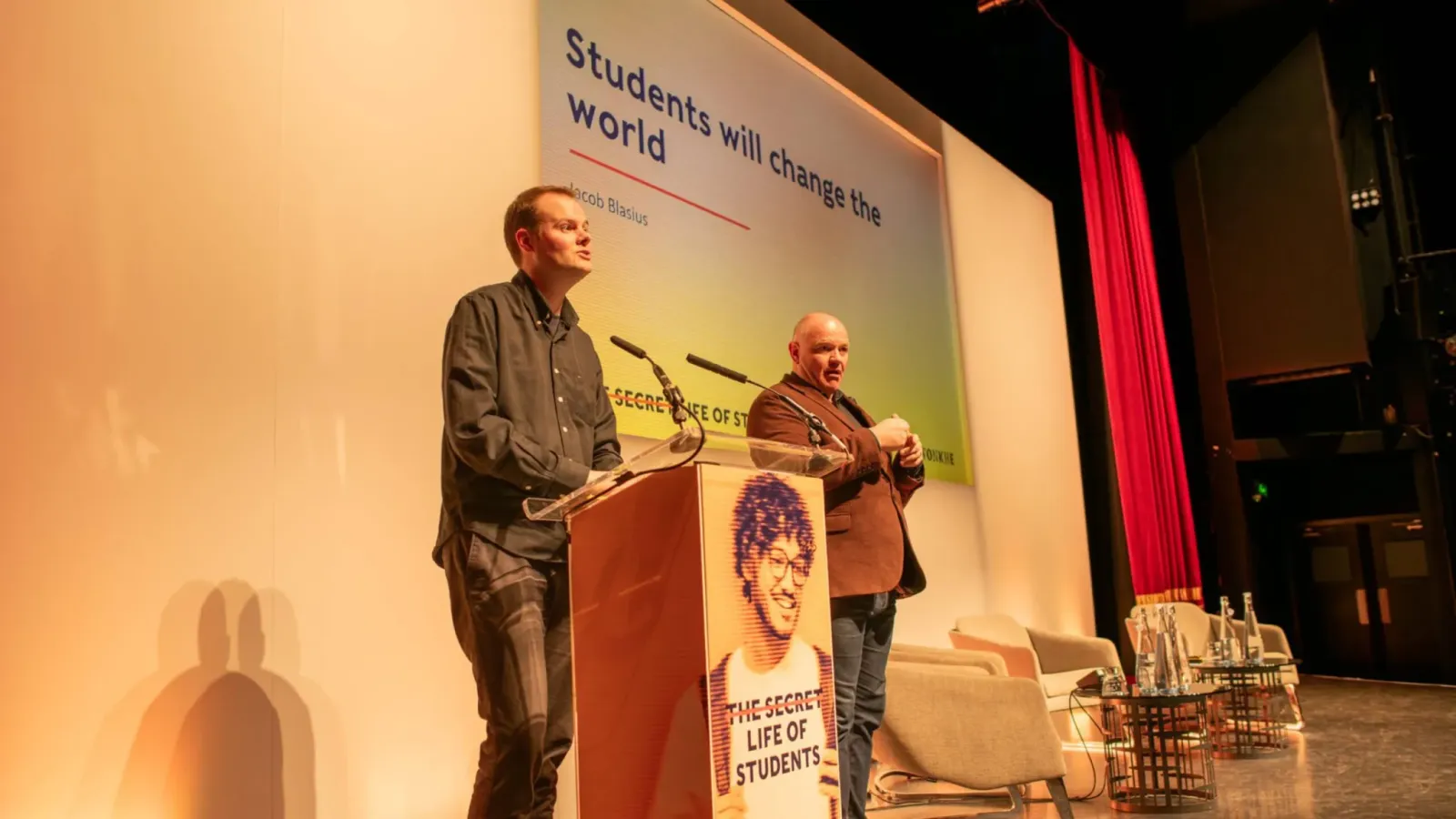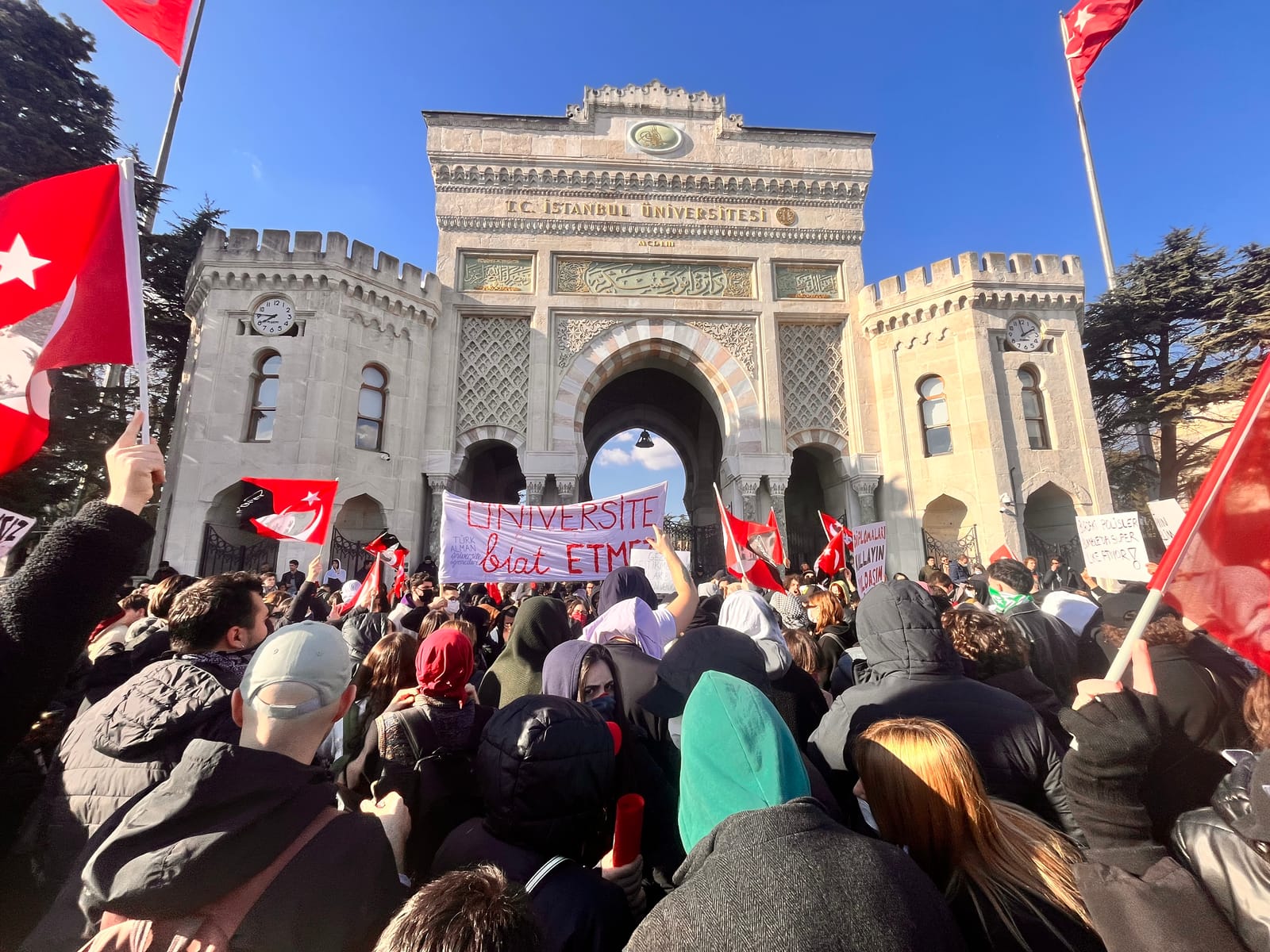Approximately 1 billion children globally reside in high-risk climate areas (UNICEF), with sub-Saharan Africa and South Asia among the hardest hit. The IPCC’s Sixth Assessment Report (AR6) highlights severe disruptions to education, particularly in these vulnerable regions. Climate-induced disasters—floods, hurricanes, heatwaves—lead to school closures, damaged infrastructure, and lost learning time. Children in low- and middle-income countries are especially at risk, facing compounded challenges from displacement, food insecurity, and water scarcity, all of which impact school attendance and academic performance. Marginalized communities, including girls, rural populations, and low-income families, bear the brunt, with mental health challenges from climate-related stress further hindering students’ ability to learn.
As COP29 approaches, the Global Student Forum (GSF), representing millions of students worldwide, calls for urgent, equitable climate action centered on environmental justice. We urge world leaders, particularly the EU, to adopt a people-centered, nature-centered approach that aligns with scientific urgency, promotes peace and justice, and prioritizes the needs of the most vulnerable communities.
Climate Impacts on Education
- UNICEF reports that 240 million children live in high climate-risk regions, notably in South Asia and sub-Saharan Africa.
- Save the Children warns that climate-induced displacement could disrupt the education of 33 million children by 2030.
- In the United States, wildfires and hurricanes has lead to numerous school closures;
- In Bangladesh, more than 10,000 schools face the risk of submersion due to rising sea levels by 2050 (World Bank).
Key Demands for COP29
1. Significantly Scale Up International Climate Finance
GSF calls for an ambitious New Collective Quantified Goal (NCQG) to address the needs of developing countries, aiming for at least $1 trillion in grants and grant-equivalent financing to drive transformative actions in the Global South. This funding should be directed towards mitigation, adaptation, and loss and damage initiatives, with distinct public finance targets. Recognizing the shortcomings of the previous $100 billion goal, GSF emphasizes that market-driven private finance is unsuitable in fragile, climate-vulnerable contexts. COP29 must establish the Loss and Damage Fund, prioritizing just, direct access for frontline communities, particularly those historically marginalized.
2. Climate Education and Resilience
GSF advocates for the integration of climate education into school curricula to equip future generations with the knowledge and skills needed to confront climate challenges. Climate literacy is essential for empowering students to become leaders in climate action and sustainability. Additionally, governments and stakeholders must invest in resilient educational infrastructure to ensure continuity of learning despite climate impacts.
3. Transition to a Green Economy
The transition to a green economy must be equitable, leaving no community behind. COP29 should prioritize green job creation for young people, especially in sectors such as renewable energy, sustainable agriculture, and climate research. Youth skill-building programs are crucial to preparing the next generation for a climate-friendly economy. We call on the EU to set a 2040 net-zero target and more ambitious 2035 emission reduction goals, aligned with the 1.5°C limit. This commitment would encourage similar ambitions among global emitters.
4. Fossil Fuel Phase-Out and Renewable Energy Expansion
The EU should lead in phasing out fossil fuels, with specific phase-out dates for coal, gas, and oil, while avoiding reliance on costly and unproven Carbon Capture Usage and Storage (CCUS) technologies. COP29 must champion a rapid expansion of global renewable energy, with a target of at least 11,000 GW by 2030 and strong energy efficiency standards. Phasing out all fossil fuel subsidies by 2025 is critical to ensuring fair competition for green industries.
5. Strengthen Accountability and Address Conflicts of Interest
The fossil fuel industry’s influence remains a significant barrier to effective climate action. GSF calls for a robust UNFCCC Accountability Framework at COP29 to regulate conflicts of interest, ensuring that policy decisions prioritize public interests over private profits. Transparent and independent monitoring of transnational climate governance is vital to holding all actors accountable.
6. Climate Adaptation for Vulnerable Schools and Communities
Immediate action is essential to protect schools and communities from climate impacts. COP29 should support adaptive infrastructure, early warning systems, and disaster risk reduction measures, specifically targeting high-risk educational institutions. Financing for green infrastructure, renewable energy for schools, and climate-related curricula must prioritize regions facing dual challenges of underfunding and climate vulnerability.
7. Human Rights and Inclusive Climate Action
There can be no climate justice without human rights. COP29 policies must reflect the experiences of frontline communities and ensure the inclusion of marginalized voices, such as Indigenous Peoples, through gender-responsive and socially just approaches. Additionally, it is crucial to protect the safety and participation rights of civil society and activists, especially in COP host countries.
8. Student Participation in Climate Decision-Making
Youth and students must be recognized as critical stakeholders in climate negotiations. GSF calls for the meaningful inclusion of students and young people, particularly those from marginalized communities, Indigenous groups, and climate-vulnerable regions, in all decision-making processes at COP29. We call for students to have a formal role in discussions and that their perspectives are integrated into climate policies. COP29 must prioritize mechanisms that facilitate meaningful youth engagement and build capacity for young leaders in climate governance.








